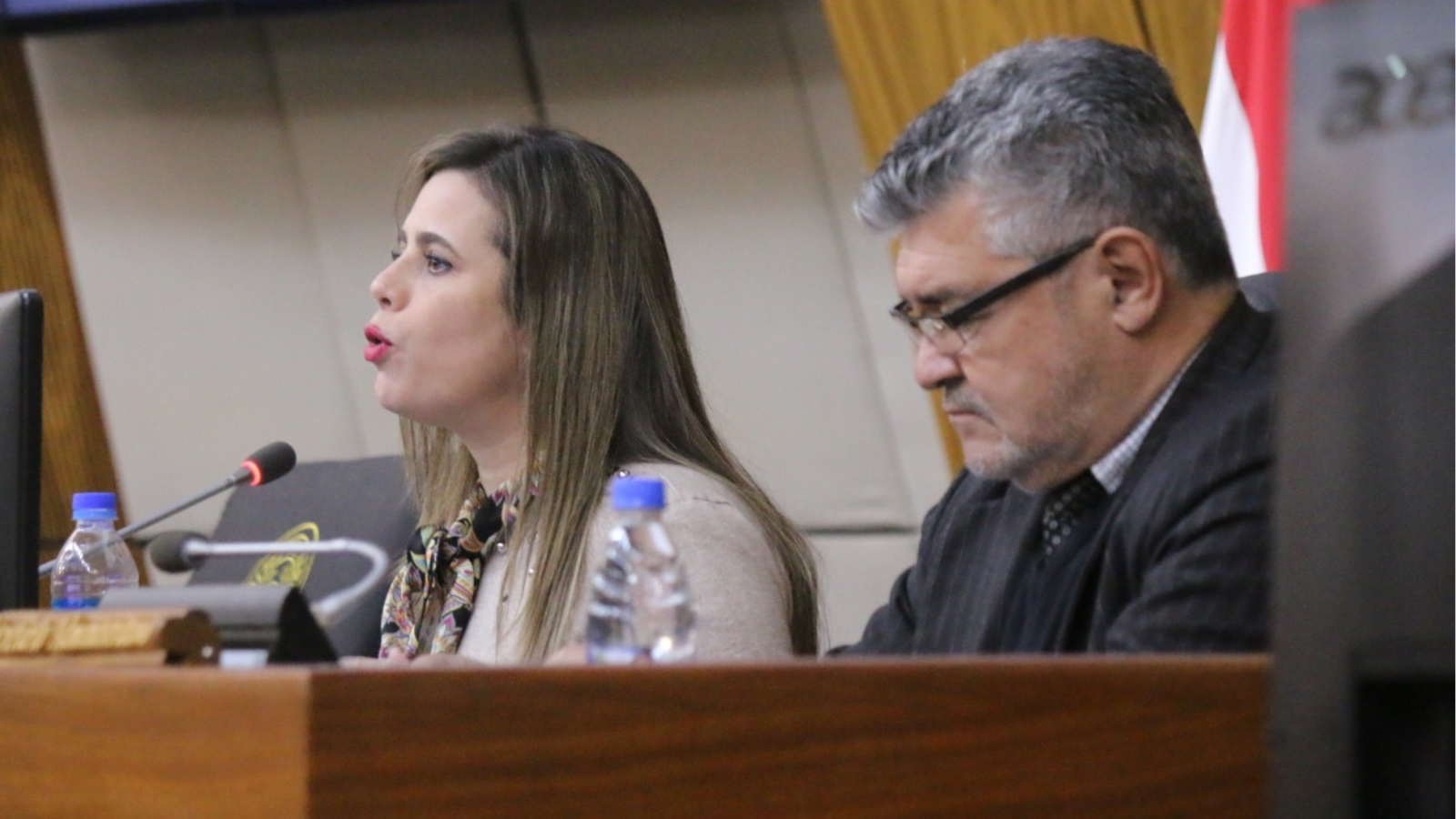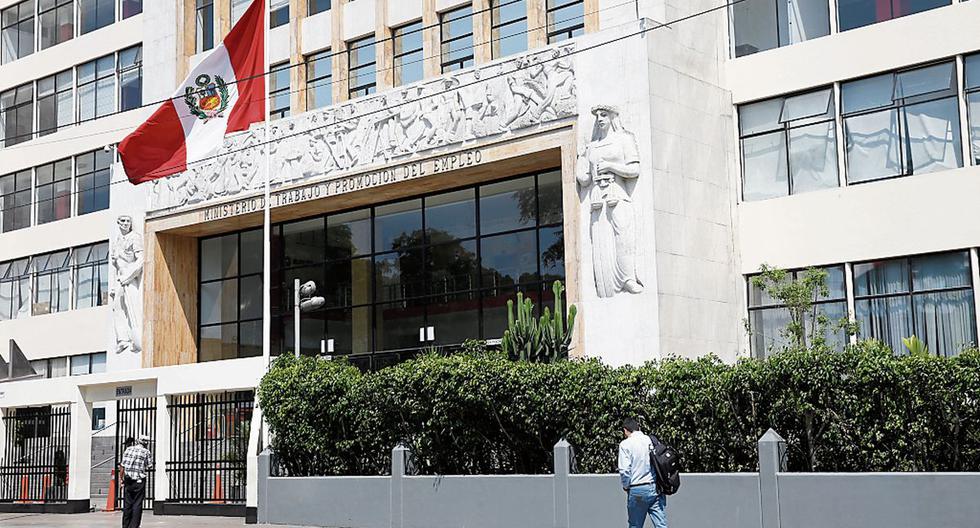The Chamber of Deputies had to deal with the bill “That defines, prevents and sanctions the Conflict of interest and extends the law 5295/2014, “What prevents nepotism in the public function”.
However, due to the lack of opinions, it was postponed sine die (indefinitely).
The project aims to prevent and punish conflicts of interest. In other words, it seeks to prevent the official’s private interests from influencing his performance in public office. Likewise, the document seeks to prevent a public official from passing to the private sector using knowledge acquired during his performance of functions in the State.
DEBATE
Édgar Ortiz, national deputy for the PLRA, requested the postponement of the project due to the lack of an opinion from the commissions.
Jorge Ávalos Mariño, national deputy for the PLRA, tried to request that the plenary session become a commission for its treatment on the date, however, he was unsuccessful.
Kattya González, a member of the Parliamentary Front against Corruption and Impunity (FPCI) and a national deputy for PEN, said that the front approved the document and that it is made up of a majority of caucus leaders.
“The entry date was March 29, 2021. I oppose the postponement. I suggest that the plenary become a commission, ”he said.
However, the position of Ortiz and González did not prosper, so the project was postponed sine die (without a specific date) until an opinion was obtained from a commission.
Some 33 legislators voted for the postponement and 30 for the treatment on the date.
DETAILS
The conflict of interest can be committed if any of the five reasons are registered;
First, if the official, spouse, partner or permanent partner of the same or any of their relatives within the fourth degree of consanguinity (children, parents, siblings, grandparents, grandchildren, uncles, nephews, cousins), second of affinity (in-laws and brothers-in-law) or first civil (adoptive father or adopted son), or his partner has a particular and direct interest or prior knowledge of the matter.
Second, when the official has given advice or an opinion outside the administrative action on the matters that are the subject of the same, or has intervened in it as a proxy, agent of the public ministry, expert or witness in the case that he has to decide or intervene in anyway.
Third. If the official has a serious enmity, due to events unrelated to the administrative action, or intimate friendship with some of the people interested in the administrative action, their representative or proxy, including participation in some type of fraternity or association where identities cannot be disclosed of its members.
Fourth, when the official maintains a dispute or controversy before administrative or judicial authorities with any of the interested parties.
And fifth, if the official is a creditor or debtor of any of the persons interested in the administrative action, his representative or proxy, except in the case of public law person, credit establishment or corporation.

















